Latin America is a region filled with vibrant cultures, rich histories, and diverse landscapes. In the midst of this tapestry lies Venezuela, a country that has been at the center of political turmoil in recent years. The United States’ relationship with Venezuela has been a topic of much discussion and debate, especially as both countries gear up for their upcoming inaugurations in January 2025.
“A Tale of Two Inaugurations”
As Venezuela prepares for President Nicolás Maduro’s third term inauguration on January 10th, the country grapples with internal strife and international scrutiny. The opposition candidate, Edmundo González, who claims victory in last year’s election, faces significant challenges in taking office as he currently resides in exile in Spain.
The United States and key Latin American neighbors like Brazil and Colombia have refused to recognize Maduro’s victory, leading to diplomatic tensions. Meanwhile, Maduro has been strengthening ties with international allies such as Russia and China while cracking down on dissent at home.
Amidst this backdrop comes U.S. President-elect Donald Trump, set to be inaugurated just 10 days after Maduro. Trump’s approach to Venezuelan policy has been marked by a mix of sanctions and backchannel negotiations aimed at ousting Maduro from power.
“Diplomatic Maneuvers: Negotiating a Path Forward”
Trump’s team faces crucial decisions regarding how to engage with Maduro’s regime moving forward. While some advocate for continued pressure through sanctions, others suggest exploring diplomatic channels that could lead to a peaceful transition of power.
Richard Grenell’s appointment as presidential envoy for special missions indicates a potential shift towards dialogue over coercion. Grenell’s past efforts to negotiate with top Venezuelan officials hint at a willingness to explore alternative solutions beyond punitive measures.
Moreover, there are murmurs within U.S. oil circles about the possibility of an economic deal with Venezuela that would involve normalized relations in exchange for cooperation on migration control—a proposition that could reshape bilateral dynamics significantly.
“Human Rights Concerns Amid Political Uncertainty”
As political maneuverings take center stage, human rights activists continue to raise alarms about the deteriorating conditions in Venezuela. Reports of detentions and crackdowns on dissent highlight the urgent need for attention to humanitarian crises alongside political negotiations.
Maduro’s recent clashes with activists and artists further underscore the complex interplay between authoritarian governance and civil liberties within the country. The plight of those seeking refuge within foreign embassies underscores the challenges faced by dissidents under oppressive regimes.
In light of these developments, efforts are underway to ensure that democratic principles remain central in any discussions between Washington and Caracas—emphasizing the importance of upholding core values amidst shifting geopolitical landscapes.
“Economic Ventures: From Bitcoin Deals to Vaccine Breakthroughs”
Beyond political intrigue, Latin America is also witnessing significant economic milestones that shape regional dynamics. El Salvador’s agreement with the IMF highlights pragmatic shifts away from controversial policies like incorporating bitcoin into its economy—a move indicative of balancing innovation with stability.
On another front, Brazil’s strides towards developing a one-dose dengue vaccine offer hope in combating public health challenges exacerbated by climate change-related spikes in disease outbreaks across the region. This breakthrough underscores the potential for scientific collaboration to address pressing healthcare needs effectively.
In conclusion,
The evolving landscape in Latin America reflects a blend of political uncertainties,
economic transformations,
and human rights imperatives.
Navigating these complexities demands nuanced approaches grounded in shared values,
Ultimately,
the fate of U.S.-Venezuela relations rests not only on strategic calculations but also on ethical considerations
that uphold democratic principles
and prioritize human dignity above all else.
By delving deeper into these interconnected narratives,
we gain insight into the intricate web
of global affairs shaping our world today.




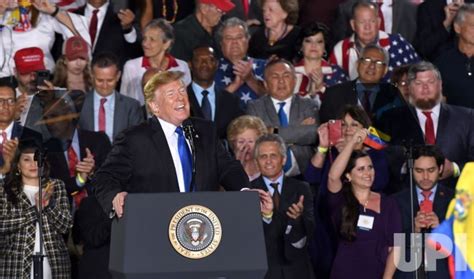
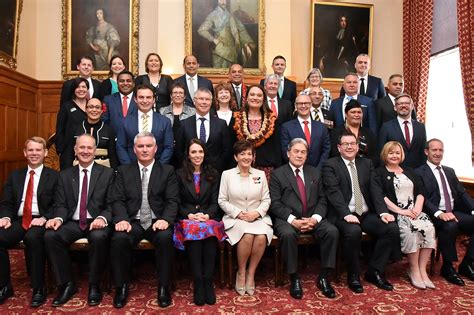
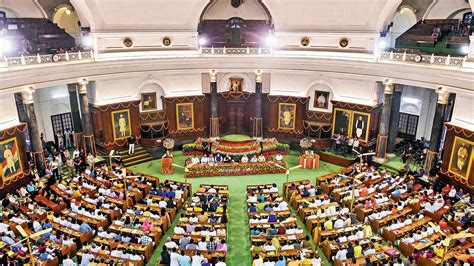
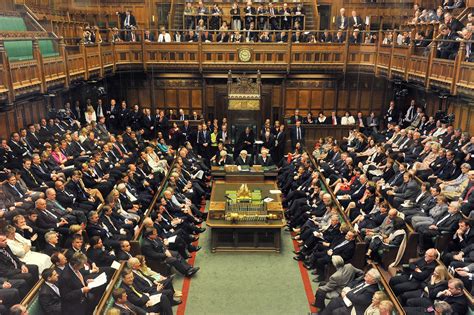
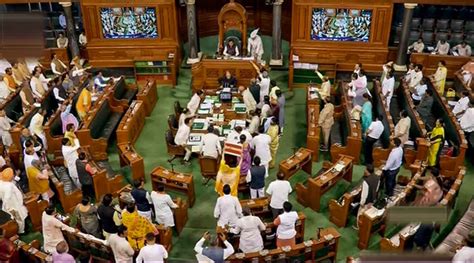
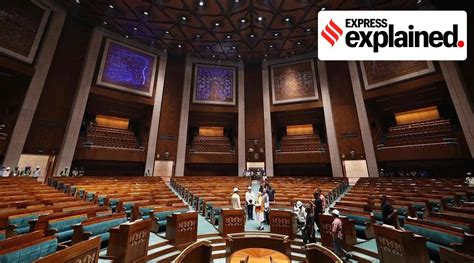
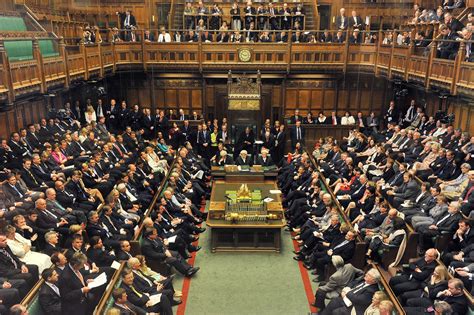
Leave feedback about this